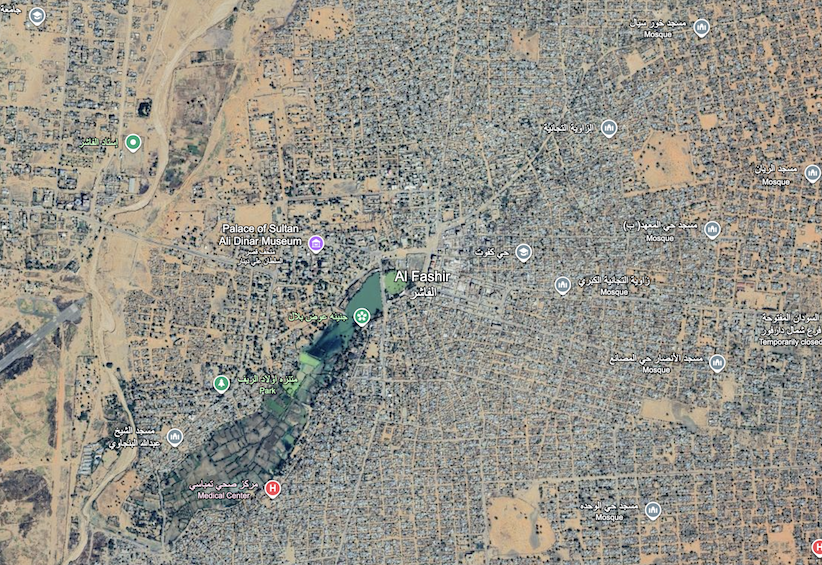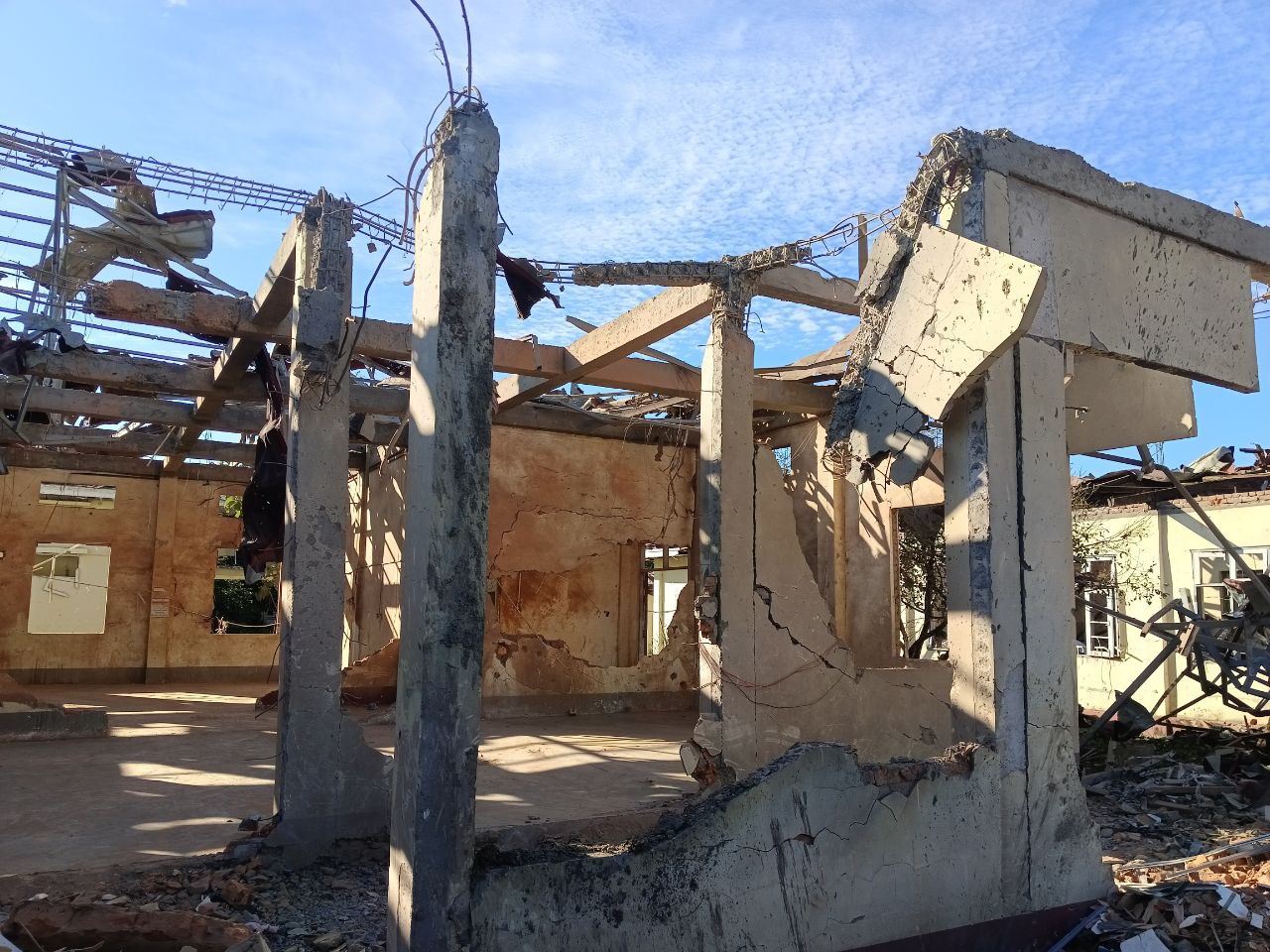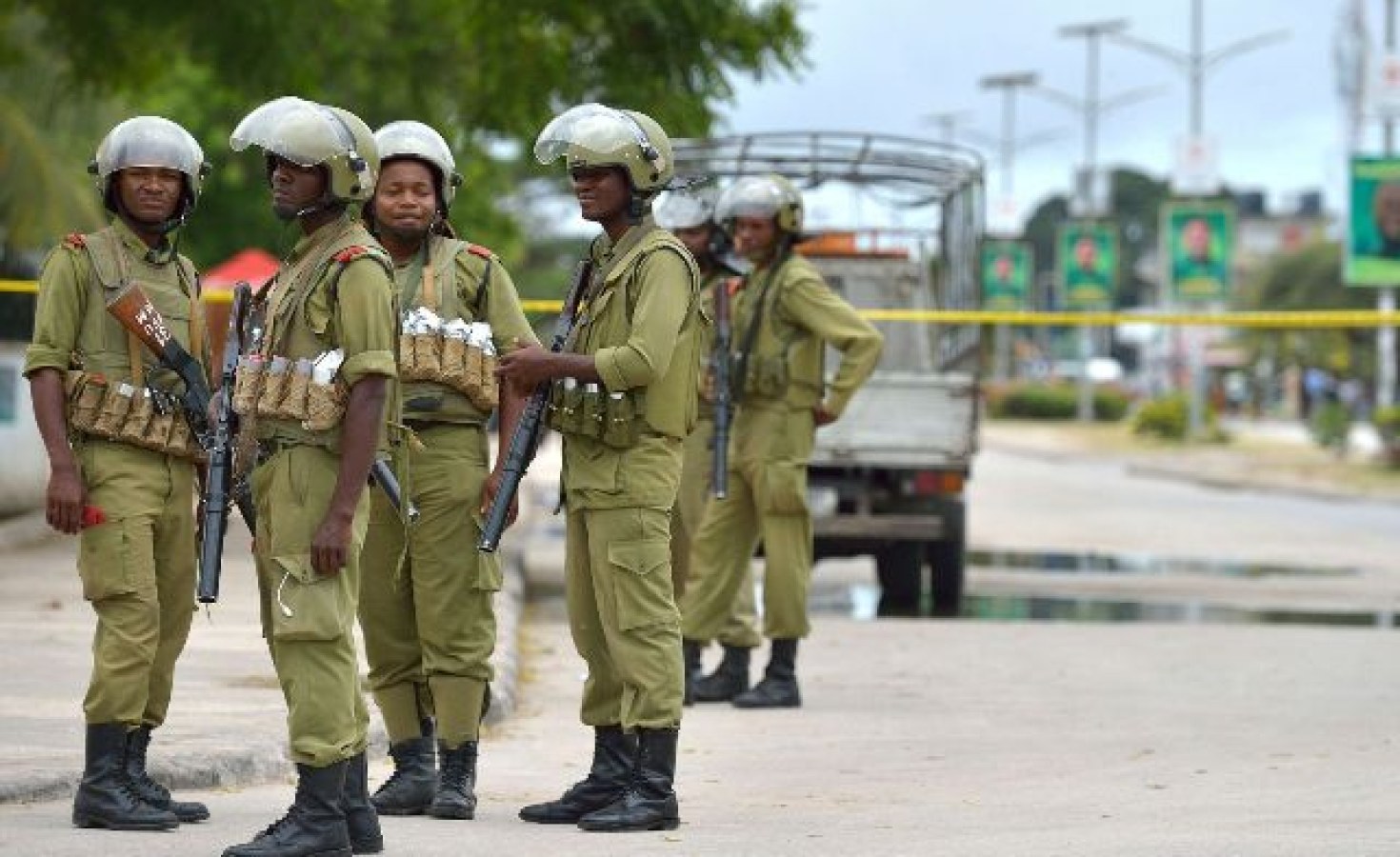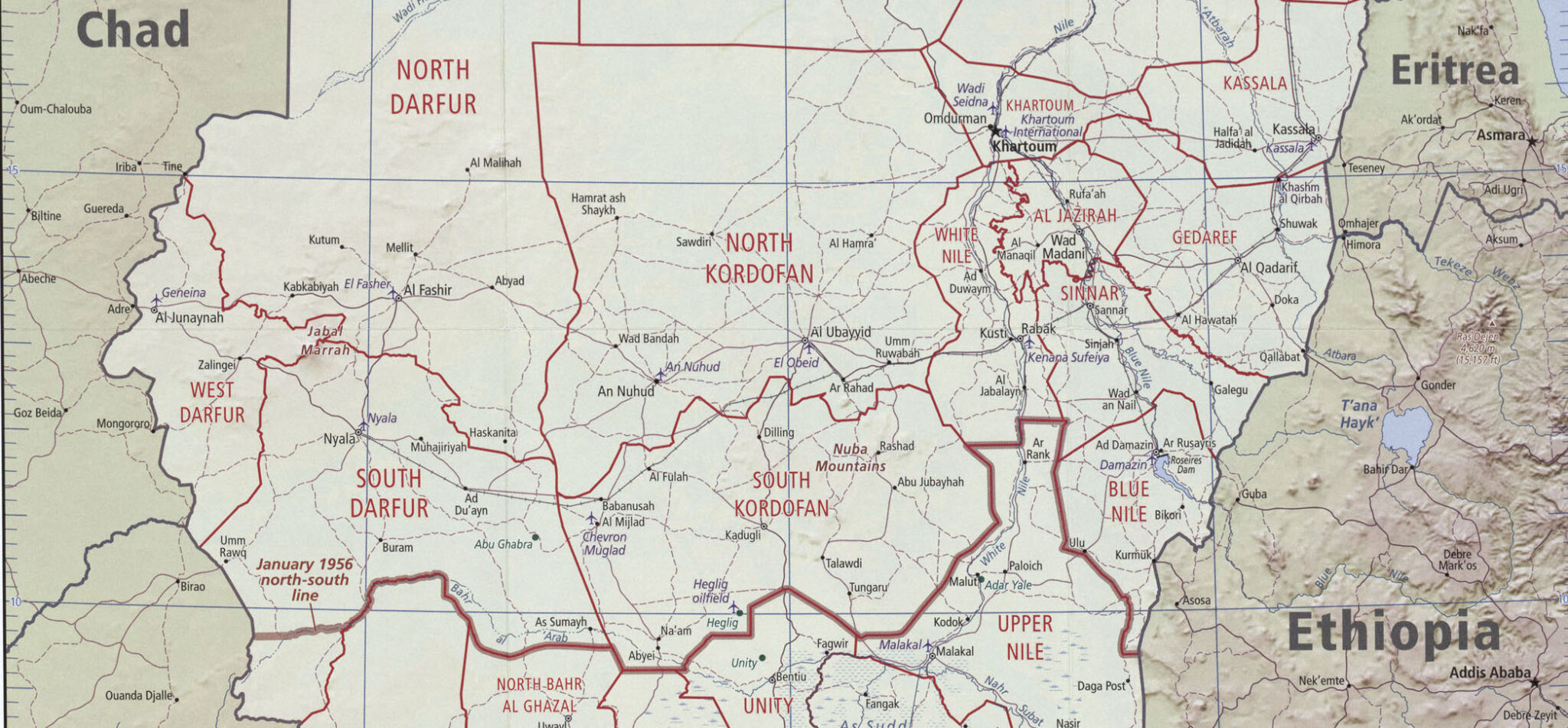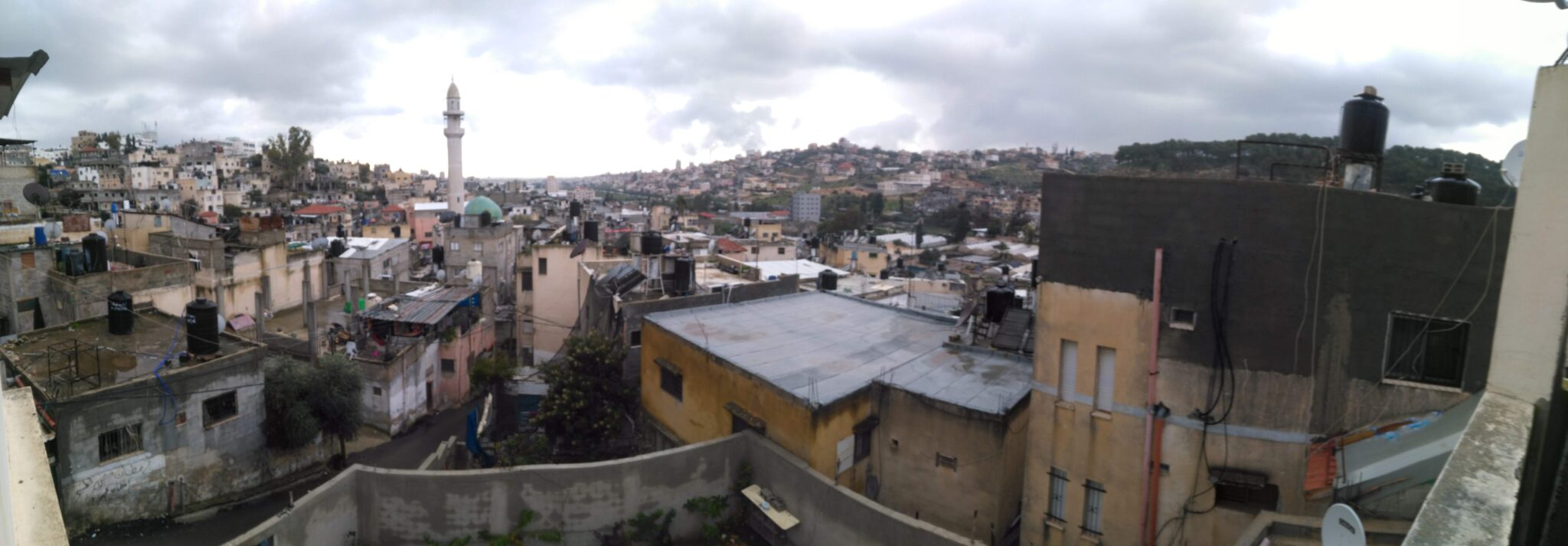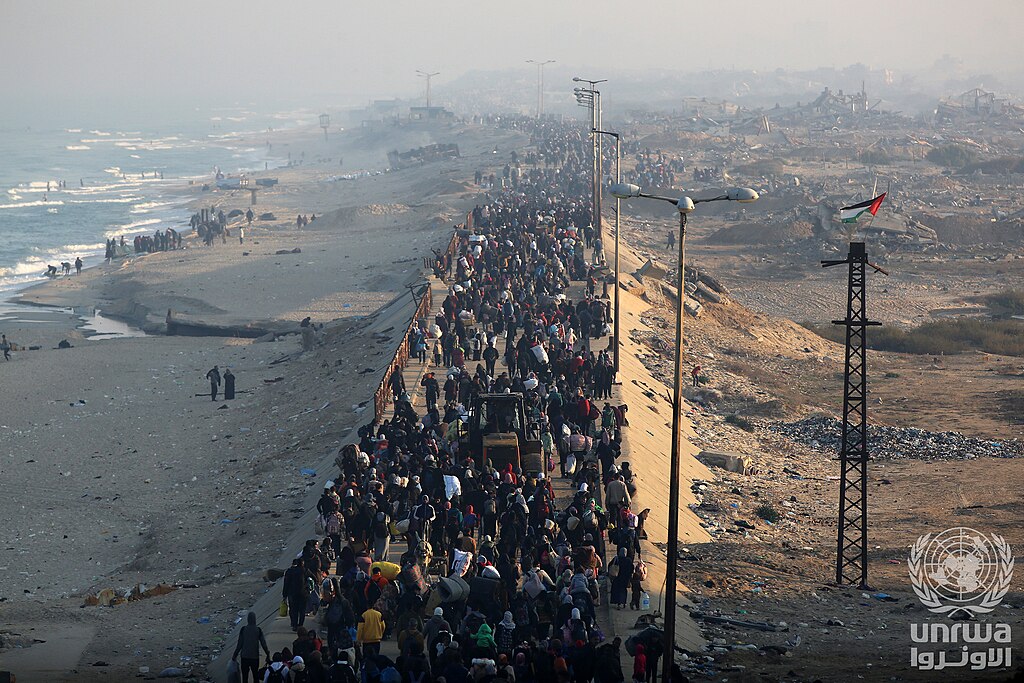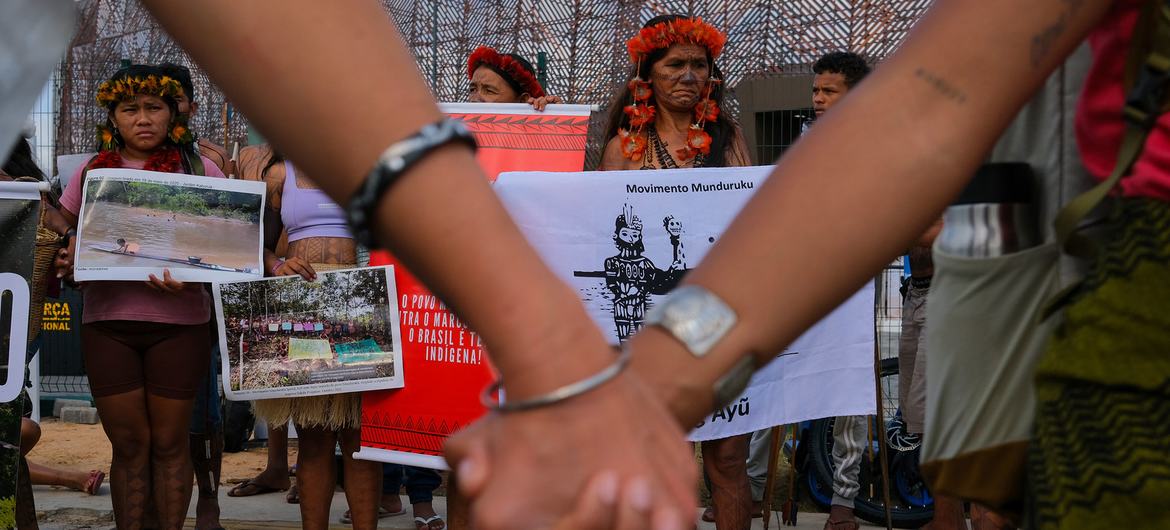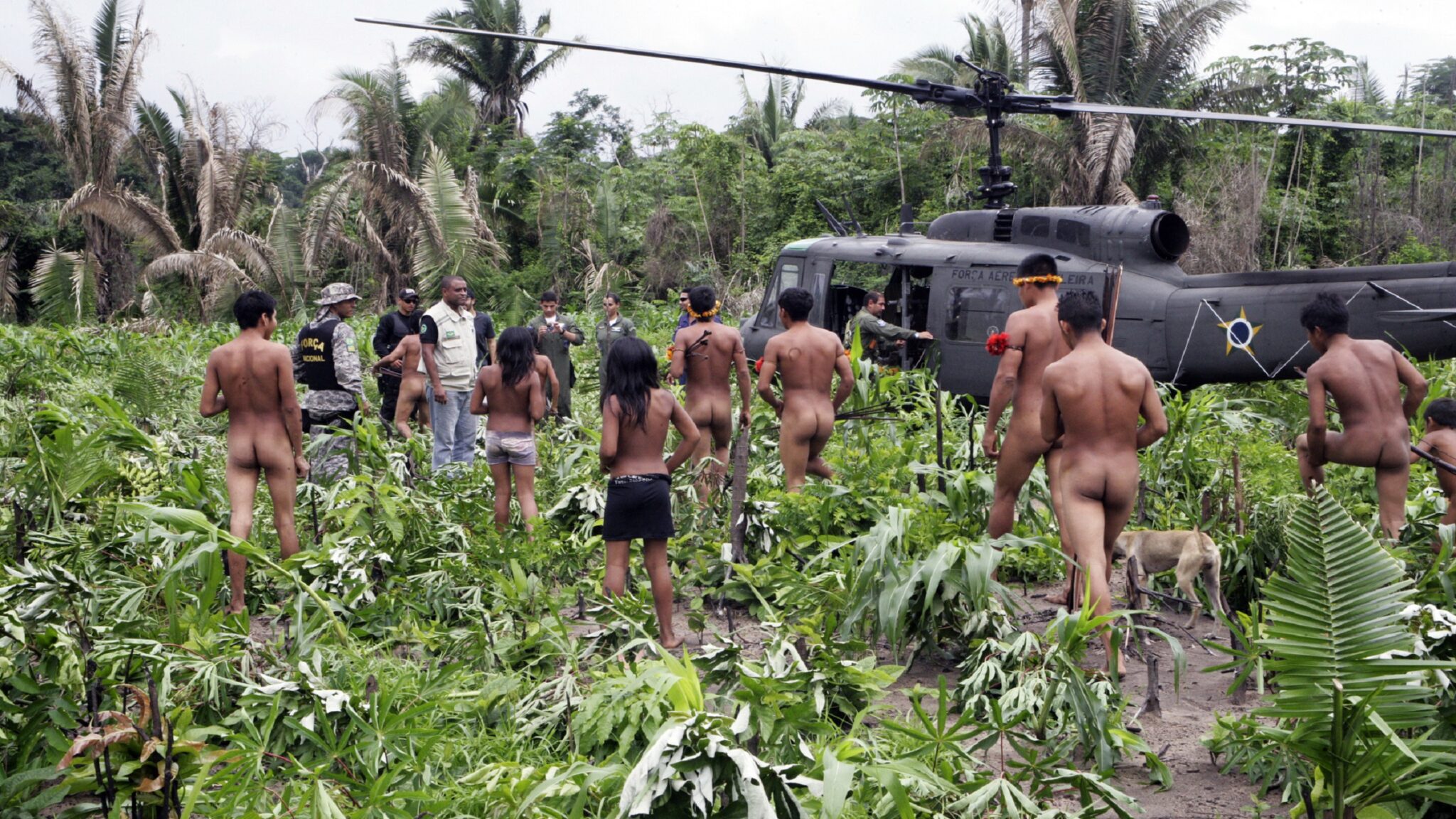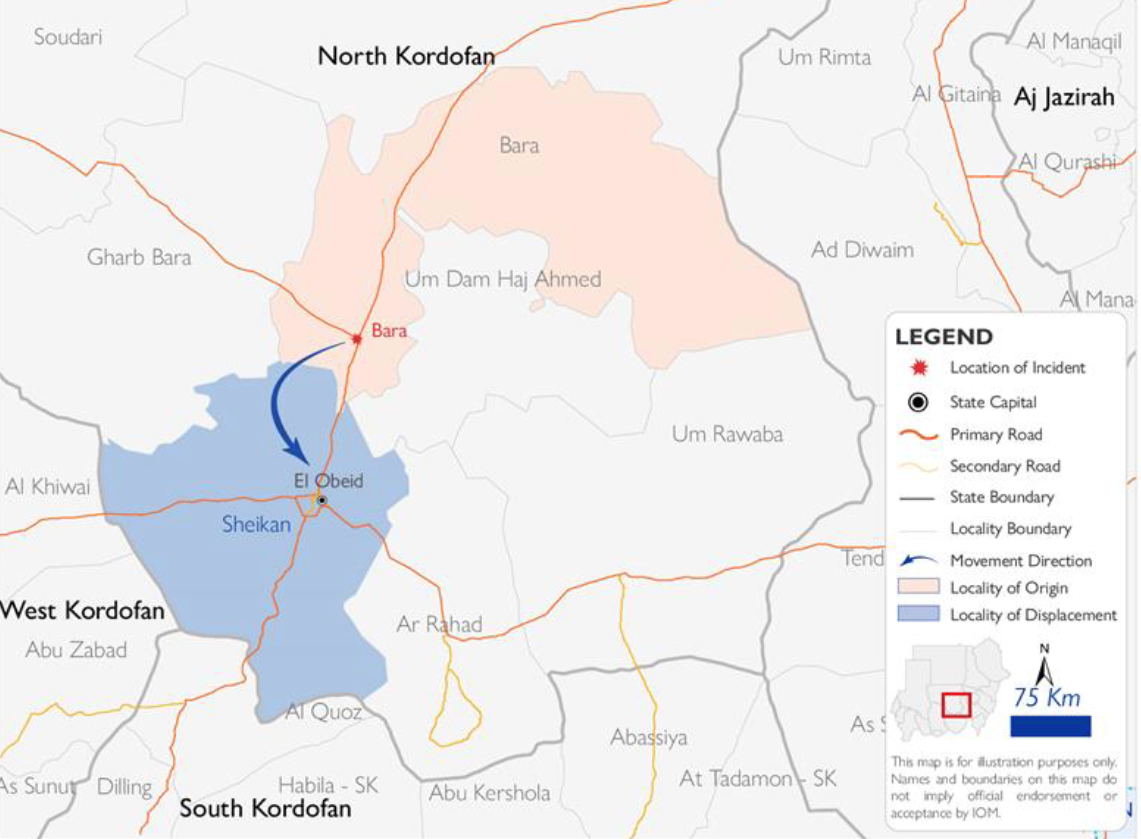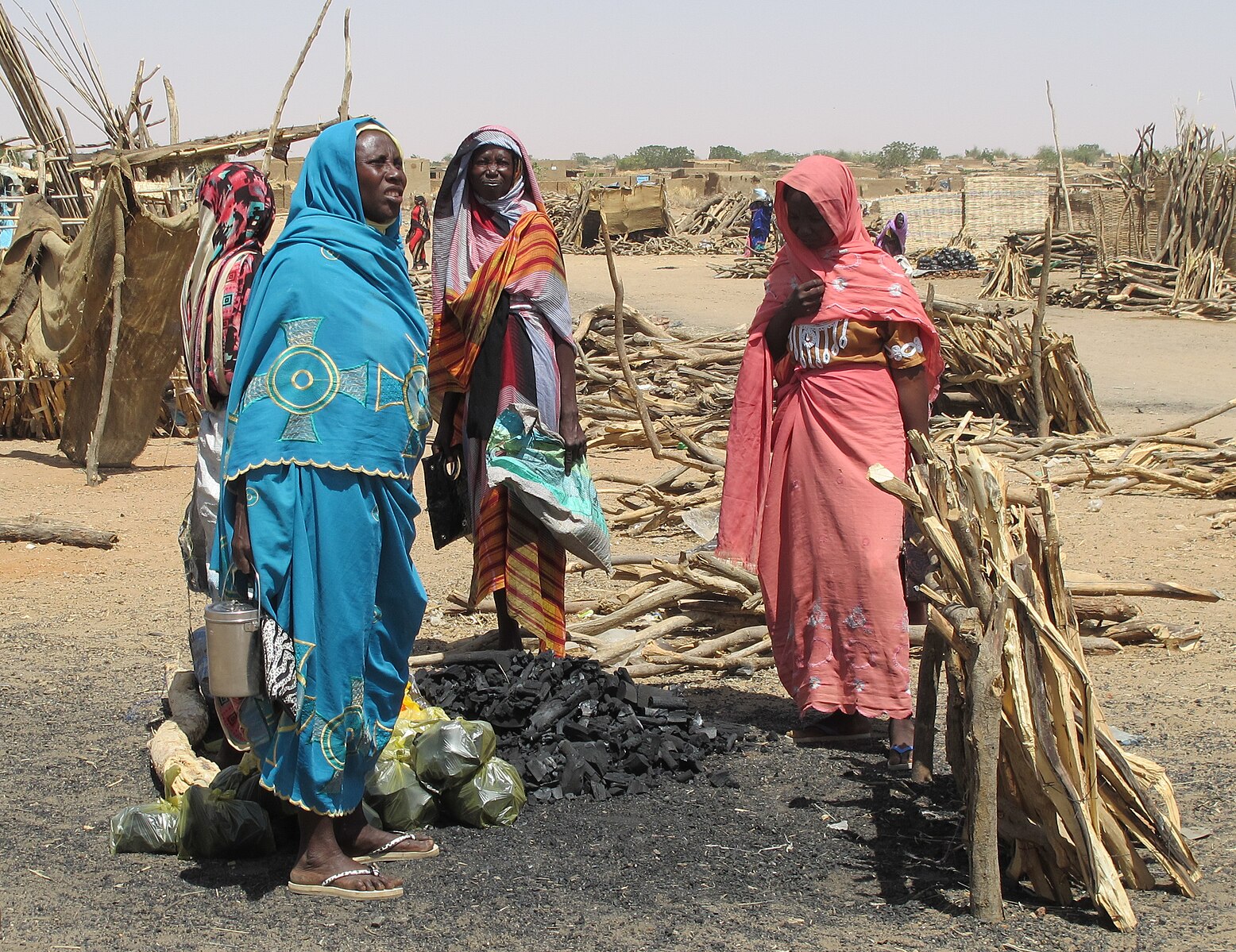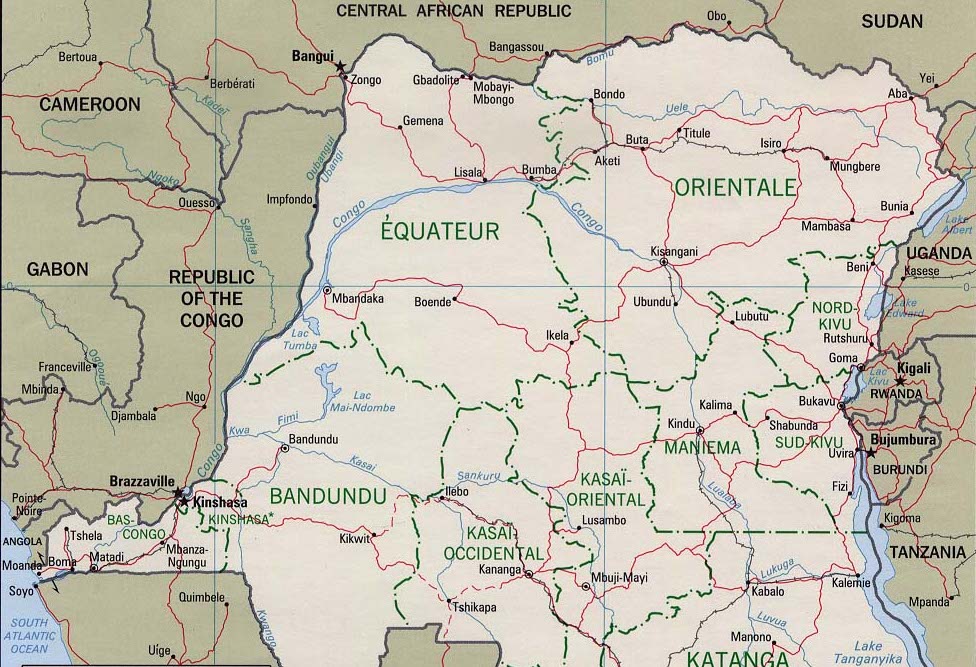
DRC: ethnic massacre near Kinshasa
At least 22 ethnic Teke civilians were killed when militia fighters attacked a village in the western Democratic Republic of Congo. The massacre in Nkana village—located just some 75 kilometers northeast of the capital Kinshasa—was reportedly carried out by fighters from the Mobondo militia, which is aligned with the Yaka ethnic group. Human Rights Watch said fighters armed with firearms and machetes killed “mostly ethnic Teke villagers in their homes as they attempted to flee.” The conflict is rooted in penetration of traditional Teke territory by Yaka agricultural settlers, setting off competition for land. It points to the potential for simmering conflicts to escalate throughout the DRC while the world is focused on the internal war in the country’s east. (Map: PCL)



